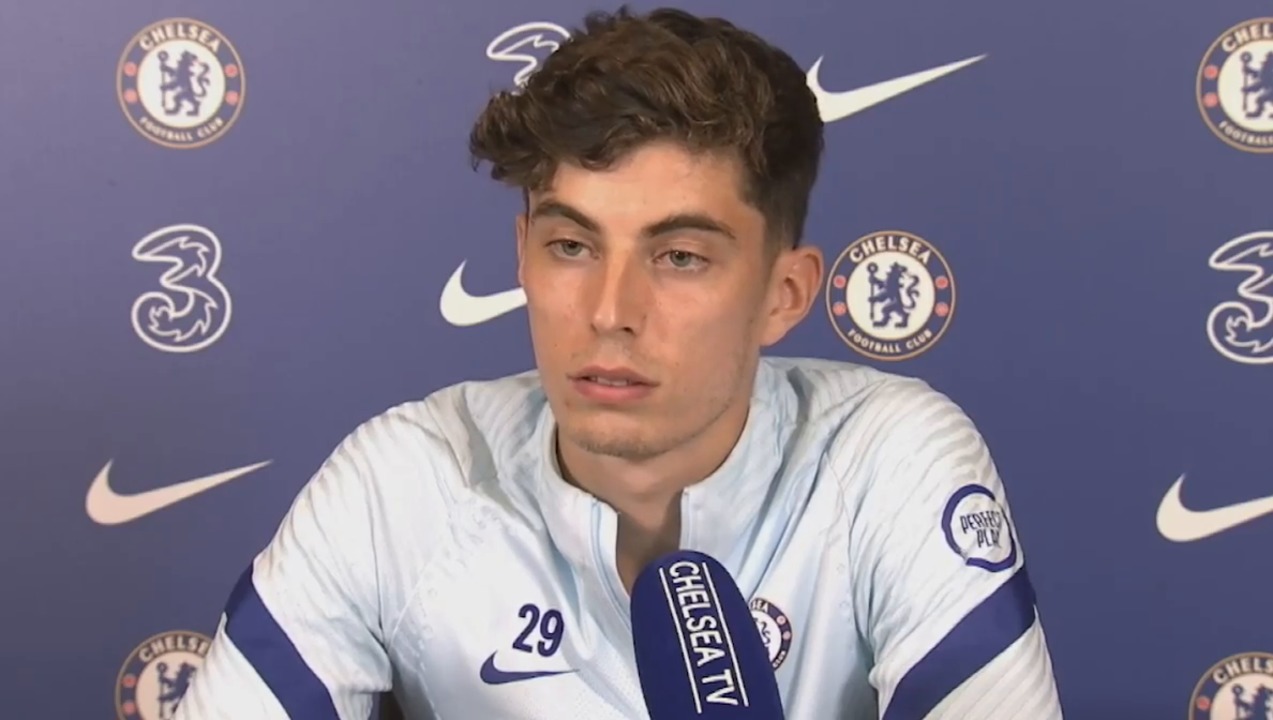October 13 – The collective £830 million transfer fee spending by Premier League clubs during this year’s (extended) summer window was not an extravagant amount in a time of revenue uncertainty and no match day income, according to a football finance academic at the Global Institute of Sport (GIS).
Chris Winn, who lectures on the UCFB masters course, says that the transfer spend is less than a fifth of the expected cumulative 2020/21 club revenue, a “relatively sustainable” 17-18% of revenue.
Winn notes that the net spend of clubs was around £200 million more than 2019’s summer window, despite the gross total being about £170 million less this time around.
“Even allowing for no match day revenue this season in a worst case scenario, potential broadcast rebates and the commercial hits due to lack of fan exposure, I’d still expect the Premier League to generate at least £4.5bn-£5bn total revenue this season as stands,” said Winn.
While there has been a lot of noise about the loss of match day revenue to Premier League clubs, Winn highlights that in 2018/19, matchday revenue only accounted for around 13% (£680 million) of overall club revenue in the Premier League, slightly below the net spend figure paid out by clubs this summer.
Thirteen of the 17 consistent Premier League teams spent less this summer compared to last, with nine clubs reducing net-spend. Only three clubs ended the summer in profit – Crystal Palace, West Ham United and Brighton.
The ‘big six’ clubs made up about £650 million of the £1.24bn gross spent this summer – 53% compared to 40% last summer. Chelsea were the main contributors to this shift spending more than £220 million this summer making up almost 18% of the league gross spend, with Kai Havertz (pictured), Timo Werner and Ben Chilwell being the biggest buys.
“A lot has been said about spending responsibly in the current environment, but clubs need to continue to invest to compete at that level,” said Winn.
“In the top flight if clubs are relegated, or don’t qualify for Europe when expected to, it can have huge financial consequences, as well as impacting the ability to attract future talent. Historically, there’s often a very strong correlation between spending and success in the Premier League.”
Contact the writer of this story at moc.l1751522849labto1751522849ofdlr1751522849owedi1751522849sni@n1751522849osloh1751522849cin.l1751522849uap1751522849

